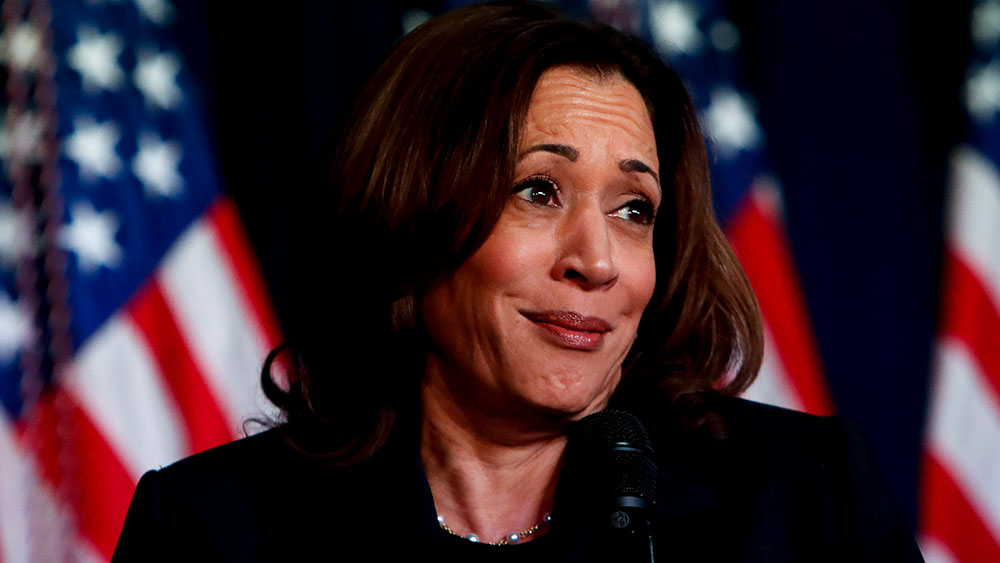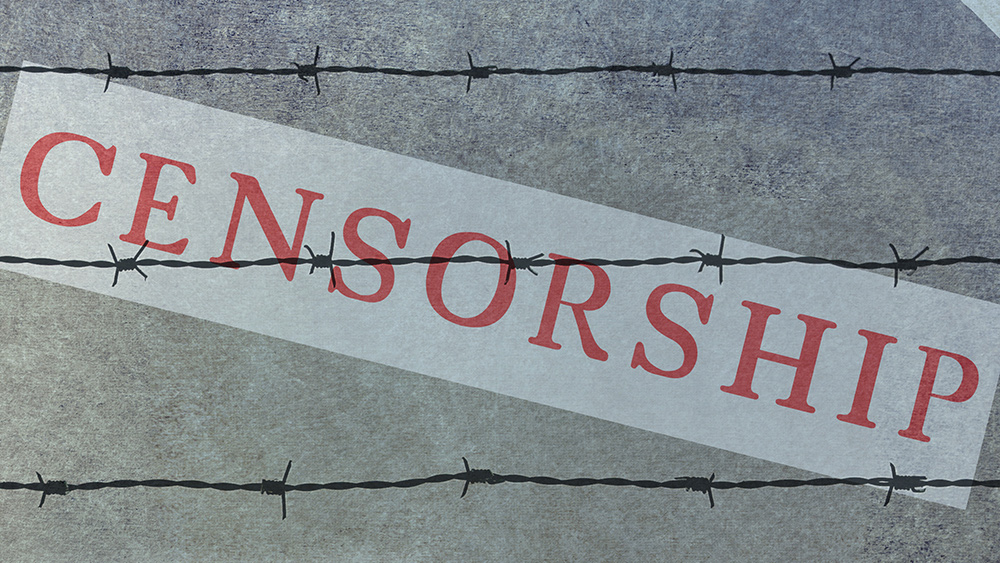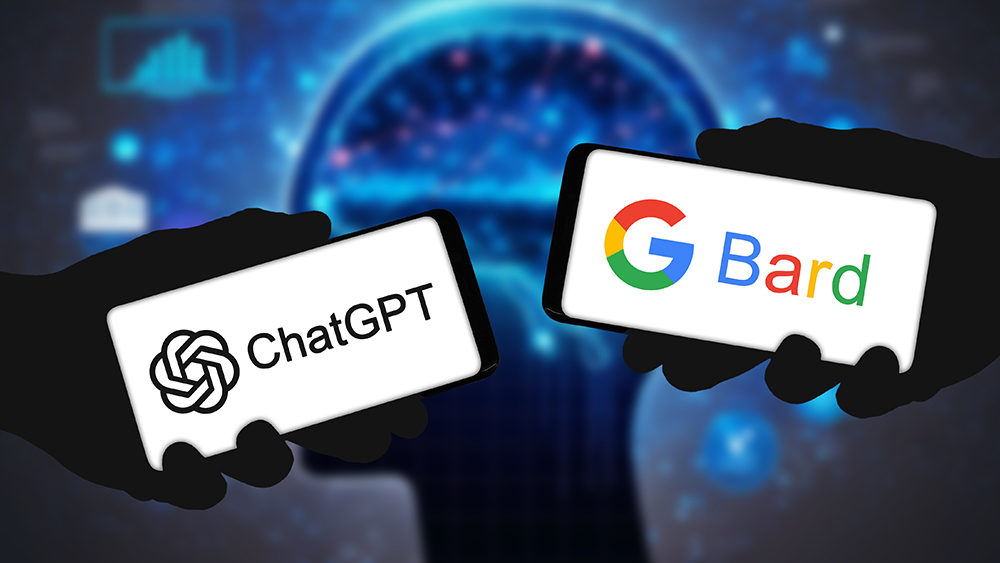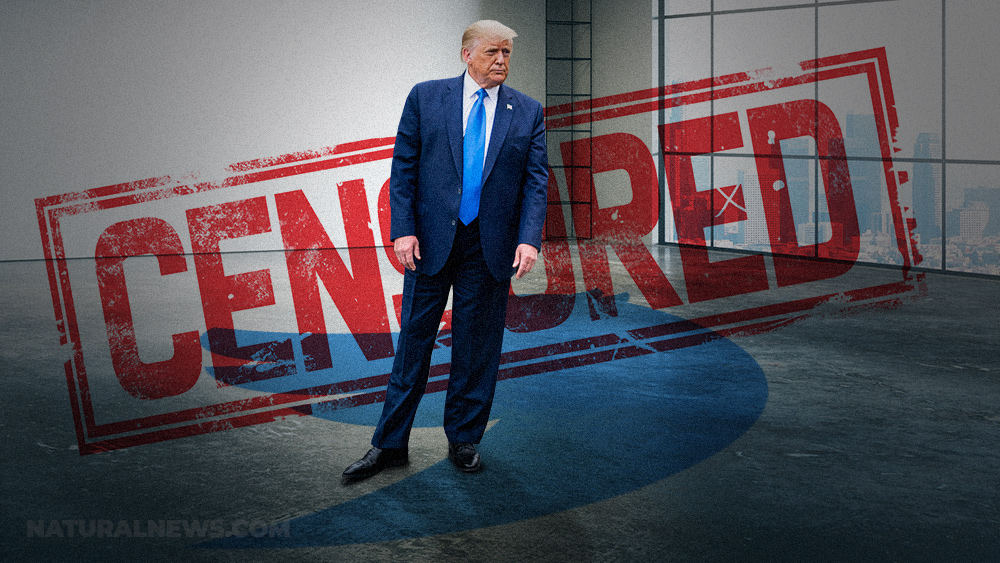Congress investigating Google for suppressing news stories about Trump assassination attempt
08/18/2024 / By Cassie B.

The assassination attempt against former President Donald Trump at a rally in Butler, Pennsylvania last month is one of the most dramatic security failures in the history of our nation and made headlines around the world for just how alarmingly close the 20-year-old shooter came to succeeding.
However, the shocking story apparently wasn’t earth-shattering enough for Google, who somehow did not deem the story important enough to include in search suggestions and helped ensure the story faded quickly from the public conversation. In other words, Big Tech censorship struck again.
Both the House and the Senate are currently investigating whether Google and Meta took deliberate steps to suppress news stories about the incident, and if so, what their motivation was.
In July, Senator Roger Marshall (R-Kansas) announced that he was opening up an investigation into Google after finding out that their autocomplete search results weren’t registering the assassination attempt against Trump despite dominating news headlines for quite some time after the incident.
He sent a letter to the company asking questions about how its algorithm works and what decisions they made following the attack about their search function and its handling of related queries.
Google has already admitted that autocomplete search results related to the assassination attempt were prohibited by design. They claim that the move was part of a company policy to stop search results for “hypothetical political violence against current figures.”
The problem, of course, is that this was not hypothetical. It was a very real event that people watched unfold around the world and that left one man dead and two severely injured, in addition to nearly killing a former U.S. president. It is being investigated by the FBI as an assassination attempt as well as potential domestic terrorism, so it doesn’t make sense that a policy aimed at “hypothetical political violence” would apply in this case. In fact, it sounds a lot like an attempt at political interference and shaping public opinion.
In a letter to Marshall, Google claimed: “In the immediate aftermath of the horrific events in Butler, PA, these systems were still in place and predictions related to the assassination attempt failed to appear. We recognize that these out-of-date systems led to an inadequate user experience.”
However, this was still happening weeks later, prompting Marshall to call Google “a monopolistic agent of propaganda for the globalist Left” and demand that the company’s top executives testify in front of the Senate Homeland Security and Governmental Affairs Committee. He intends to look into not only this situation but “a full investigation into Google’s litany of offenses.”
“Under oath, they won’t be able to hide behind an algorithm or get away with corporate double-speak,” he vowed.
House is also investigating censorship by Google and Facebook
Meanwhile, the House Committee on Oversight and Accountability has announced it is launching an investigation of its own in light of “recent concerning reports indicating Meta’s AI assistant and Google Search’s Autocomplete function generated inaccurate or nongermane information related to the assassination attempt of President Donald Trump.”
According a press release by the committee, Chairman James Comer has already sent a letter to Google CEO Sundar Pichai asking them to share documents that explain how they designed search and autocomplete. A separate letter to Meta CEO Mark Zuckerberg requested information explaining how Meta’s AI chatbot is designed and updated.
Could Big Tech finally be held accountable for its long-running quest to silence conservative voices and control the public narrative?
Sources for this article include:
Submit a correction >>
Tagged Under:
bias, Big Tech, Censorship, Facebook, Glitch, Google, rigged, search algorithm, speech police, Suppressed, tech giants, technocrats, thought police, Trump
This article may contain statements that reflect the opinion of the author
RECENT NEWS & ARTICLES
COPYRIGHT © 2017 SEARCH ENGINE NEWS


















